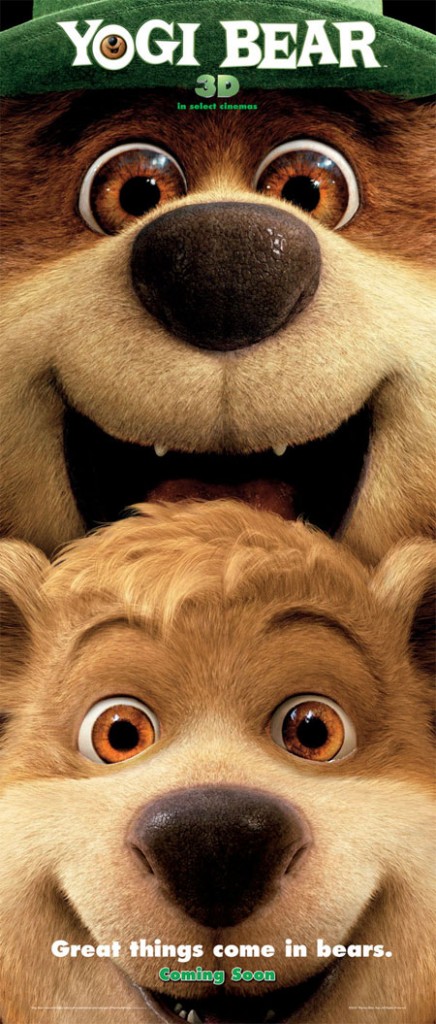Wine, Ads etc.
This morning I was in a wine shop in St Emilion and as I took in the bottles of Ausone, Cheval Blanc, Figeac etc., my thoughts, I am ashamed to say, turned to advertising.
(The situation did make me feel a lot like Swiss Toni. ‘You know, looking at classed-growth Bordeaux wines is a lot like making love to a beautiful woman…’ Or, in my case, ‘a tortuous advertising analogy that might work as a blog post’.)
I don’t know if many of you are into wine, so I’ll assume a massive and in-depth knowledge. If this starts to get a bit wanky just skip the rest and wait for the obligatory YouTube shite I’ll inevitably post tomorrow.
If you work in advertising,or wine you can make the choice to go your own way, taking a financial risk to produce what you think is right. The creative might be the vigneron, the agency might be the terroir and the client might be the climate, allowing for classic vintages or cat’s piss, depending on the combination of what’s available.
Of course, there is then the market. In the case of wine, this is the legion of restaurants, caterers and private buyers who might want your grape juice. In the case of advertisers, it’s the Target Market, who will sit in front of whatever you produce.
At some stage of both industries, you will make the decision, often without realising it, to go with either what the market wants, or what you think it should want.
In wine, a man called Michel Rolland was recently hired by many vineyards to help them produce a ballsy, up-front wine that was high in alcohol and made to be consumed young. This is because another man called Robert Parker provides annual ratings of all significant wines that people rely on a great deal, and this is how he likes his wines. So, in an effort to sell, many wine makers began to forego the true soul of their wines to chase the Parker dollar, while a few others dug their heels in and decided to make wines that were non-Parker because they did not believe in this money-grabbing homongenisation (I’m simplifying things, of course, but the gist of this is true).
So, in making ads (and in making most other ‘arts’), one can do what the Rolland winemakers did and chase the middle of the road because that is where most of the money lies. Or one can forge one’s own path in an attempt to make something more original that one believes to be ‘right’, despite the fact that, financially, that may cause one to fall flat on one’s face.
Interesting, though, that advertising has no specific Michel Rolland or Robert Parker to guide the taste in any particular direction. However, it does have a herd mentality, driven by fear to produce whatever is of the prevailing taste, no matter how dull the results may be.
And, let’s face it, the industry also has a great lack of people willing or able to go their own way and find a path that leads to something brilliantly different.
The pressures to aim for the cash are great and the path to originality can sometimes feel like Noah as he built his ark beneath a cloudless sky, but then, as we all know, people get very rich making piss like Jacob’s Creek, so why bust a gut trying to make D’Yquem?
The answer to that question might be where you find yourself.
Anyway, while I’m on the subject, I think I might do some more wine-related blogs in the next few days.
